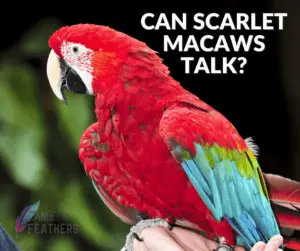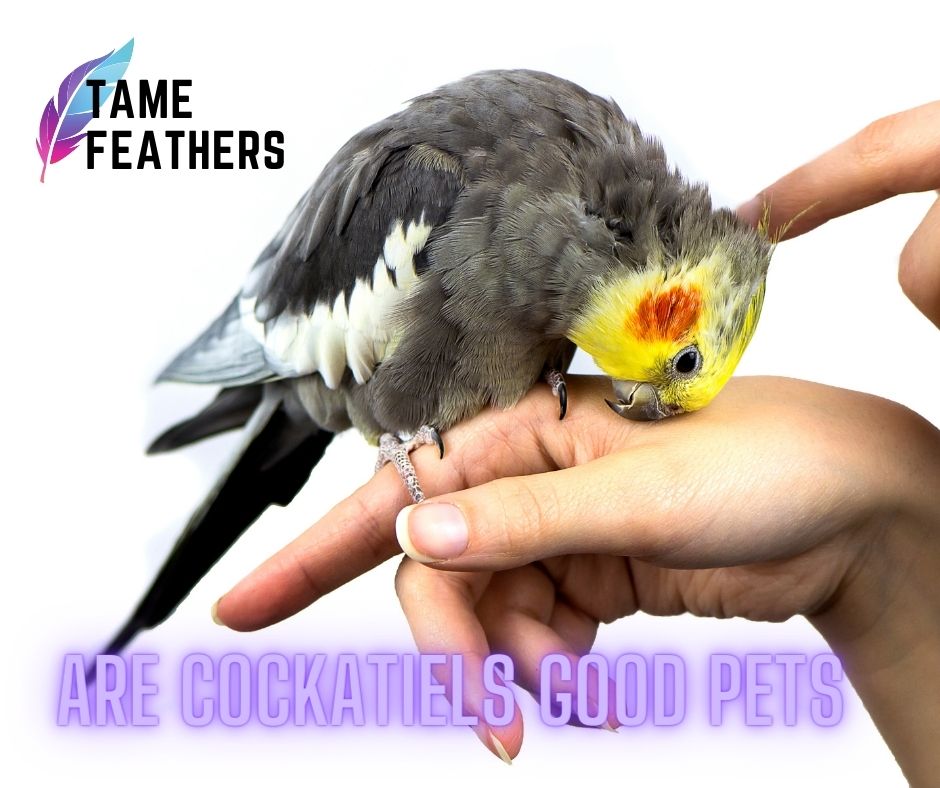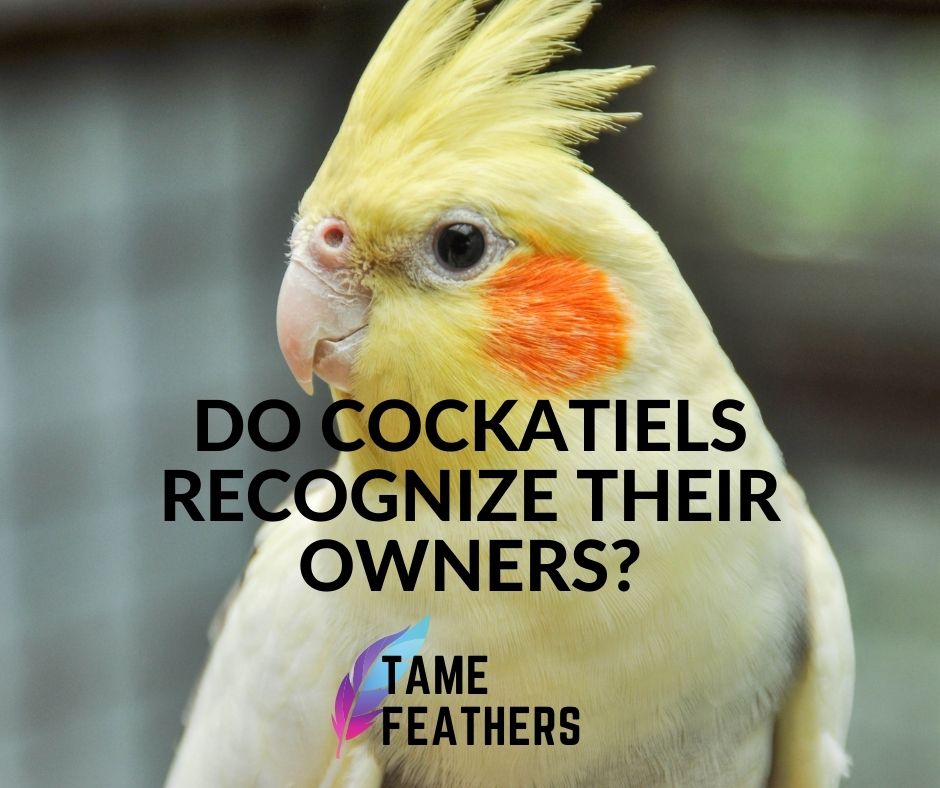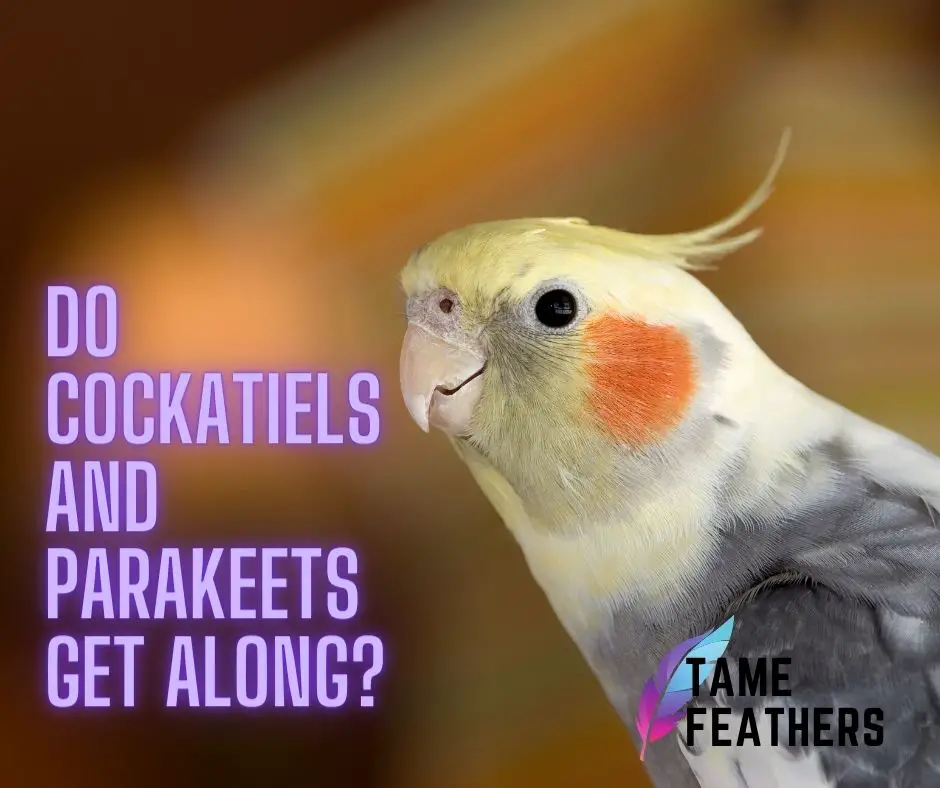You and your pet can develop an attachment that only the both of you will understand. The deep spirituality of your friendship will make it hard for the both of you to stay away from one another.
Hence, the death of a pet can really take a toll on you. To prevent this from happening, it is important to have a knowledge on the lifespan of your friend animal.
In this post, I’m going to talk about the lifespan of one of our favorite pets – the cockatiel.
So, what are we waiting for?
Here is the cockatiel life expectancy!
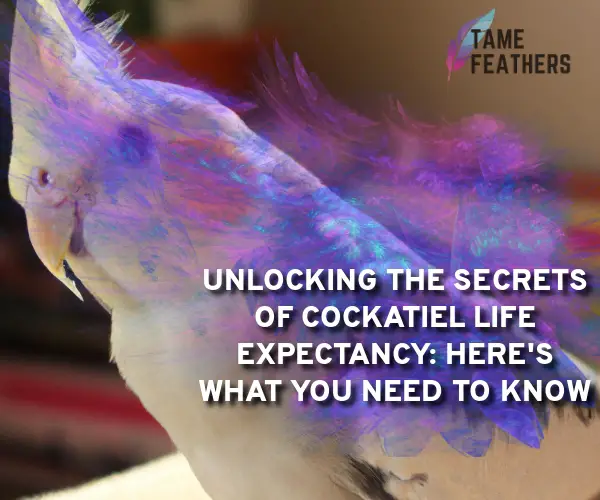
- Cockatiel Lifespan
- Factors Affecting Cockatiel Life Expectancy
- Environmental Factors Influencing Cockatiel Lifespan
- Health Care Habits To Enhance A Cockatiels Life Expectancy
- Reducing Stress Levels For Your Pet Cockatiel
- Retirement Years: Taking Care Of An Elderly Cockatiel
- Want To Learn More About Cockatiels
Cockatiel Lifespan
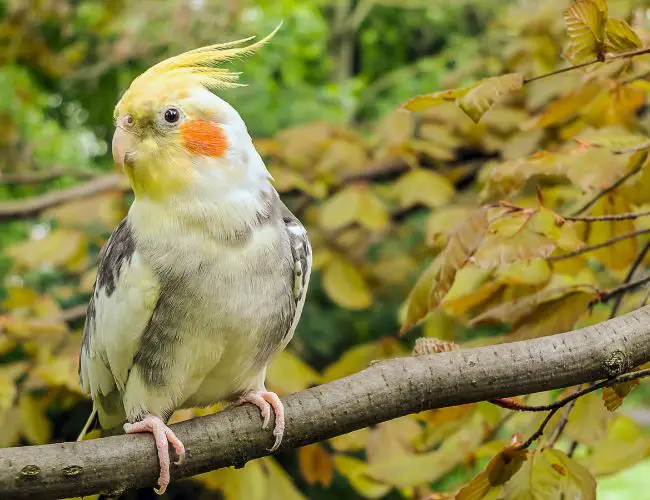
The lifespan of a cockatiel can be affected by a number of factors, including its environment, diet, and the level of care that it receives.
In captivity, the lifespan of a cockatiel ranges anywhere from 15 to 25 years on average.
Feeding your pet fresh vegetables and fruits, seed mixes with added vitamins and minerals, and making sure they have plenty of fresh water to drink every day are all important aspects of good nutrition that will help your pet live a long and healthy life.
It is also essential to make certain that they have sufficient space to move around freely and engage in regular physical activity.
Factors Affecting Cockatiel Life Expectancy
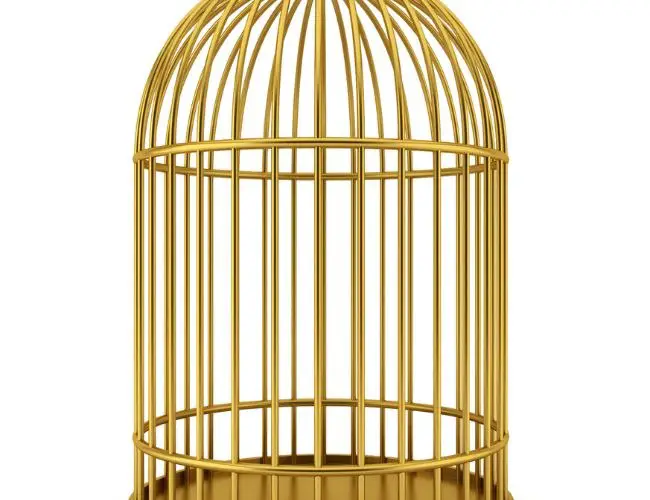
There are a number of factors that, in addition to ensuring that your bird receives the appropriate nutrition, will determine the length of its life.
A significant contributor is a bird’s genetic make-up. Some birds may have been bred from parents who lived longer than average.
The size of their enclosure, whether it be a cage or an aviary, is another factor that plays a significant role.
Larger cages are advantageous for encouraging natural behaviours in birds, such as spreading their wings or exercising more frequently.
Another essential component is exposure to sunlight, which helps animals maintain a healthy circadian rhythm (sleep cycle).
If at all possible, keep the blinds or curtains open during the day.
Last but not least, one should keep a close eye on their stress levels because high stress levels have been shown to significantly reduce one’s life expectancy.
Environmental Factors Influencing Cockatiel Lifespan

The level of ventilation in your home is a major factor in determining a cockatoo’s expected lifespan.
Inadequate ventilation can result in illnesses such as respiratory infections, which significantly cut a cockatoo’s expected lifespan.
In addition, one should limit their exposure to toxins as much as possible, such as those found in cigarette smoke or cleaning products, because these contaminants can also reduce one’s life expectancy.
Finally, getting your pet examined by the veterinarian on a consistent basis can help detect any potential health issues early on, before they develop into serious problems; this aspect should not be neglected either.
Health Care Habits To Enhance A Cockatiels Life Expectancy

Ensuring that your cockatiel gets regular vet checkups every six months is essential for maintaining good health throughout its lifetime.
Providing adequate nutrition including fresh vegetables and fruit plus vitamin-fortified bird seeds will give it energy while helping maintain strong bones and feathers too.
Also make sure you keep up with basic hygiene tasks like trimming nails/beaks when necessary or bathing them weekly in lukewarm water mixed with apple cider vinegar (which acts as an antifungal).
These practices combined form excellent preventative healthcare habits which promote better overall wellbeing over time.
Reducing Stress Levels For Your Pet Cockatiel
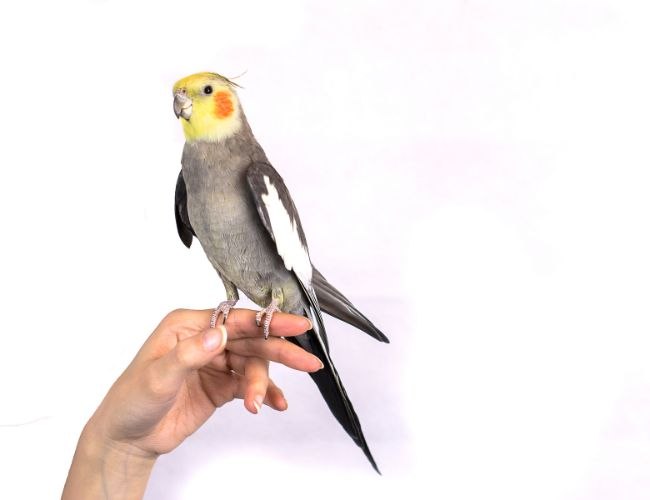
It’s important not just what we do but how we do it when caring for our pets. Reducing stress levels must always remain top priority if we want our birds to enjoy long lives filled with happiness.
This means avoiding sudden changes in routine whenever possible such as introducing new people into their environment abruptly or forcing them into activities against their will.
Rather, allow them time adjust at their own pace gradually until they feel comfortable then proceed accordingly.
Additionally, speaking softly instead yelling at them harshly makes all the difference – remember even small things matter when trying create positive experiences for our feathered friends!
Retirement Years: Taking Care Of An Elderly Cockatiel
As birds age they require extra special attention especially those who’ve been living harmoniously alongside us humans all these years.
Providing sufficient food & fluids along w/ socialization & mental stimulation still remains vital.
However, certain aspects change slightly due age related conditions developing like arthritis where you may need consult veterinarian regarding medications that could potentially help alleviate pain associated w/ this condition etc.
Other common problems include blindness & hearing loss therefore try modify surroundings accordingly by removing obstacles blocking sight lines place bells near doors notify visitors entering room etc.
Finally explore options involving assisted living centers veterinary services specifically catering elderly animals again speak local vet obtain best advice available ensure beloved companion continues receive highest standards care despite reaching advanced age easily accessible locations nearby.
Want To Learn More About Cockatiels
If you found this post useful, you may also like How Much Do Cockatiels Cost? A Comprehensive Guide To Budgeting For Your Pet. There is a lot to learn about Cockatiels, hopefully, this post on
Cockatiel For Sale Near You: The Ultimate Guide To Finding Your Perfect Pet is useful! Another post you’ll find interesting is
Cockatiel Bird Cages: A Guide To Choosing The Right One
.

